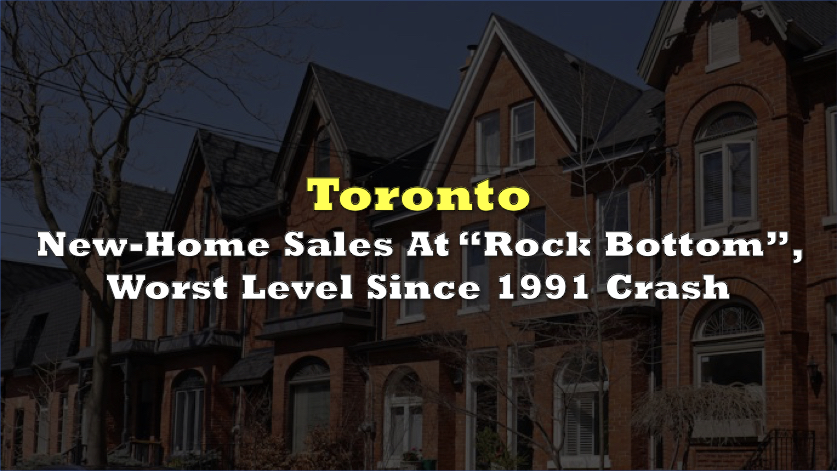Toronto City Council has approved a new bylaw aimed at protecting tenants from fraudulent renovation-based evictions, commonly known as “renovictions.” The measure, which passed with overwhelming support in a 25-1 vote, will take effect on July 31, 2025.
The bylaw requires landlords to obtain a renovation license at $700 per unit before proceeding with construction work that would require tenant displacement. Landlords must provide evidence that the proposed renovations are substantial enough to necessitate tenant relocation.
Under the new regulations, property owners must offer comprehensive support to displaced tenants, including either temporary comparable housing at similar rent levels or rent-gap payments if tenants find their own temporary accommodations. Additional requirements include moving allowances and severance compensation for tenants who choose not to return post-renovation.
Mayor Olivia Chow endorsed the bylaw while criticizing the provincial government’s decision to eliminate rent controls on newer units. “If we had real rent control for all buildings, not just the ones built before 2018, we probably wouldn’t need to do this,” Chow stated, noting that comprehensive rent control could prevent renovictions altogether.
Councillor Dianne Saxe emphasized that the bylaw targets bad-faith evictions while allowing legitimate renovation projects to proceed. “What this bylaw stops is fake evictions where a minor renovation is being used as an excuse,” Saxe explained.
The measure faced opposition from Councillor Stephen Holyday, the sole dissenting vote, who criticized it as excessive regulation. During the council session, Holyday demonstrated his disapproval by displaying a roll of red tape, arguing that the city was overstepping into provincial jurisdiction.
The bylaw represents Toronto’s latest effort to address housing security concerns in an increasingly challenging rental market. But, not surprisingly, it has also drawn criticism from real estate investors.
City of Toronto now requires landlords doing a renovation to provide tenants with temporary housing or cover the costs. Serious question, why would anyone want to be a landlord in Toronto? pic.twitter.com/nqqeLXj3eP
— Steve Saretsky (@SteveSaretsky) November 18, 2024
While the government believes it targets renovictions, the additional costs and administrative requirements might deter smaller landlords from property investment and potentially accelerate consolidation within the rental market. The combined costs of licensing fees, temporary housing, and compensation could also add significant expenses to renovation projects, potentially leading to delayed property improvements or reduced investment in aging buildings.
Information for this story was found via the sources and companies mentioned. The author has no securities or affiliations related to the organizations discussed. Not a recommendation to buy or sell. Always do additional research and consult a professional before purchasing a security. The author holds no licenses.










One Response
Oh, of course, with the wonderfully dysfunctional Landlord-Tenant Tribunal buried under a mountain of backlogged cases, rent increase caps that are laughably lower than inflation, and these “game-changing new measures,” it’s absolutely no surprise that small investors are flocking away from condos, causing prices to plummet. Meanwhile, those brave souls who bought in 2022 and 2023 are now enjoying the thrill of heavy losses and a long-lasting bitter aftertaste of their investment “success.” Honestly, I couldn’t be happier that I sold both my rental properties in Toronto earlier this year – just in time to avoid watching this populist city council drive the final nail into the coffin of small property investors. Good luck growing this city any further, councillors!